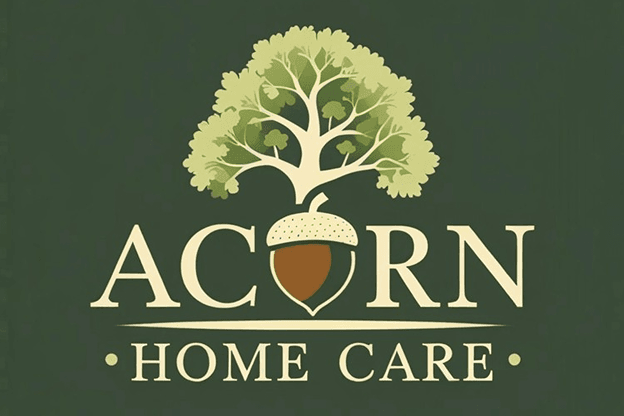Senior Care Regulations in California that protect the consumer
KP
Understanding the Basics of Senior Care Regulations in California
Senior care regulations in California are designed to ensure the safety and well-being of elderly residents in various care facilities. These regulations are enforced by the California Department of Social Services (CDSS) and the California Department of Public Health (CDPH), covering aspects from facility licensing to staff qualifications. Understanding these rules is crucial for those involved in the management or oversight of senior care facilities.
One of the primary regulations for Home Care involves licensing. All senior care facilities must obtain a license before operating. This process ensures that the facility meets certain standards related to safety, hygiene, and quality of care. Facilities must also comply with ongoing inspections and renewals to maintain their license to offer personal care, personal assistance, Assisted Daily Living (ADL), Companion Care of 24/7 care services.

The Role of Staffing in Compliance
Staffing is a critical component regulated under California's senior care laws. All Home Care Organizations are required to maintain adequate staffing levels to meet the needs of residents effectively. This includes having a sufficient number of trained caregivers on duty at all times, ensuring that residents receive timely and appropriate care.
Moreover, caregivers must undergo specific training programs and background checks before employment. These measures are put in place to protect residents from abuse and neglect, which are significant concerns in senior care environments. Continuous staff training is also mandated to keep caregivers updated on best practices and new regulations.
At Acorn, we maintain up to date training records for our Caregivers, have them certify with state before their cert expiry, run their background check and perfom other health screening to comply with State regulations as well as Acorn's Emloyment Policies.
Health and Safety Standards
California has stringent health and safety standards for senior care facilities. These standards encompass a wide range of requirements, including the maintenance of sanitary conditions, the availability of emergency medical services, and the implementation of disaster preparedness plans. Facilities must also ensure that all medication management practices comply with state regulations.

Regular inspections are conducted to ensure compliance with these health and safety standards. Any violations can lead to penalties, fines, or even the revocation of a facility's license. Therefore, maintaining high standards is not only a regulatory requirement but also a crucial aspect of providing quality care.
Resident Rights and Protections
One of the core components of California's senior care regulations is the protection of resident rights. Residents have the right to privacy, dignity, and autonomy. They should be able to participate in decisions about their care plans and have access to their personal records. Facilities must also provide information about how residents can file complaints if they feel their rights have been violated.

The state has established ombudsman programs to advocate for residents' rights and address grievances. These programs serve as a vital resource for residents and their families, offering an additional layer of protection against potential issues within care facilities.
Financial Regulations and Transparency
Financial transparency is another important aspect of senior care regulations. Facilities are required to provide clear information about their fees and services to residents and their families. This transparency helps prevent financial exploitation and ensures that residents receive value for their payments.
Understanding these financial regulations can help families make informed decisions when choosing a senior care facility. By being aware of costs upfront, families can plan accordingly and avoid unexpected expenses.
The Importance of Staying Informed
For administrators, staff, residents, and families, staying informed about current senior care regulations in California is essential. Regulations can change, and keeping up with these changes ensures compliance and enhances the quality of care provided to residents.

Regularly reviewing updates from the CDSS and CDPH can help facilities remain compliant and protect their licenses. It also empowers families to advocate effectively for their loved ones, ensuring they receive the best possible care.
The advantage of hiring a Home Care Agency
All Home Care Organizations are held to strict state regulations, subject to unannounced inspections, audits, and evolving laws. We carry the required License, Insurance, Bond, and Workers’ Compensation, making us fully accountable for the care and services we provide. This ensures that families never shoulder the legal or financial risks that come with hiring independent caregivers directly.
At Acorn, we go beyond compliance. As a locally owned and family-run Home Care Organization, our reputation and values drive every decision. Unlike large corporations or franchises, we are deeply rooted in the community we serve, giving us the flexibility to tailor care around your family’s unique needs, not corporate policies or profit margins.
Our guiding principle is the “Service of Others.” State regulations safeguard our operations, but it is our personal commitment to integrity, compassion, and excellence that sets us apart. With Acorn, you can trust that your loved one will receive not just care, but the very best care—delivered with heart, accountability, and respect.
Have questions? Contact us to learn more, we take every inquiry seriously, even if you decide not to choose us for the care of your loved ones.
